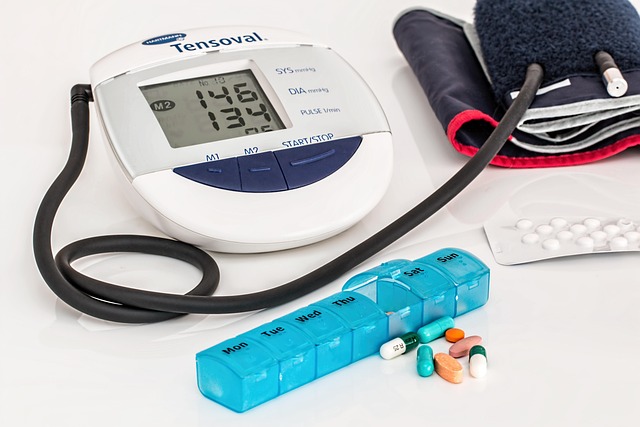The Future of Health: Technological and Health Innovations with Smart Implants
As we stand on the brink of a new era in healthcare, the convergence of technology and medicine is paving the way for groundbreaking changes. Among the most transformative innovations are smart implants, devices that not only enhance the healing process but also redefine our understanding of health management.
Technological Innovations
The rise of smart implants is a testament to how far technological innovation has come in the medical field. These devices are embedded in the body and communicate data in real-time, allowing for continuous monitoring of a patient’s health status. Imagine a world where your implant can send critical information about your heart rate, glucose levels, or bone density directly to your healthcare provider’s device. This level of connectivity not only improves the accuracy of diagnoses but also enables proactive treatments.
Moreover, advancements in materials science have led to the development of biocompatible materials that minimize the body’s rejection of these devices. Enhanced battery life and energy harvesting methods mean that smart implants can function for years without the need for battery changes. The integration of artificial intelligence ensures that these systems learn from individual patient data, offering insights tailored to unique health needs.
Health Innovations
Health innovations inspired by smart implants extend beyond mere monitoring; they have the potential to revolutionize treatment methodologies altogether. For chronic illness management, these devices offer a new lease on life. Patients living with conditions like diabetes can benefit from smart insulin pumps that adjust delivery in real-time, thereby reducing the risk of dangerous spikes or drops in blood sugar levels.
In orthopedics, smart implants embedded with sensors provide surgeons with data pre- and post-operation, enabling personalized rehabilitation programs designed to improve recovery times and outcomes. Imagine a knee implant that not only aids movement but also gathers data about joint stress, providing feedback that could influence future surgical techniques and patient care standards.
The implications of smart implants on patient engagement are profound. With data at their fingertips, patients can take an active role in their health, tracking their progress and sharing insights with providers. This shift towards personalized care is driving a more collaborative healthcare environment, fostering stronger patient-provider relationships.
As we peer into the future, it’s clear that smart implants, alongside other health and technological innovations, are not just changing the landscape of medicine; they are redefining what’s possible in our health journeys. With each technological breakthrough, we move closer to a world where healthcare is not only reactive but also anticipatory and personalized, tailored to the individual needs of each patient.




